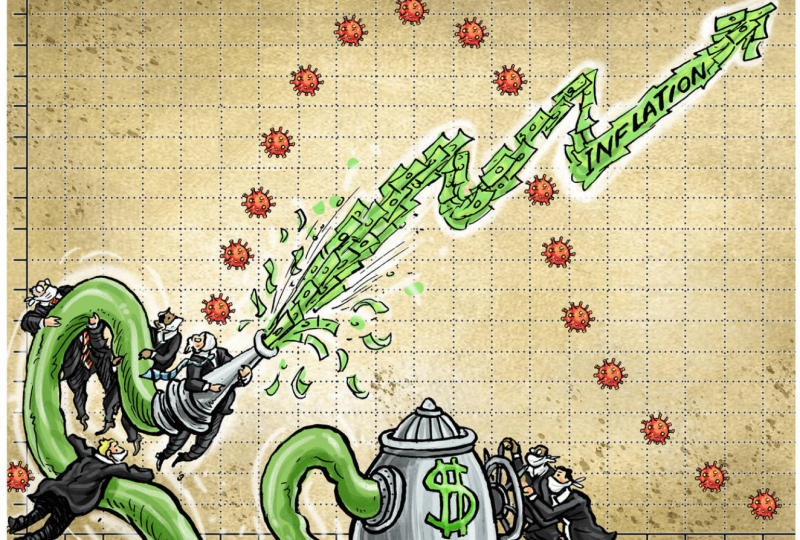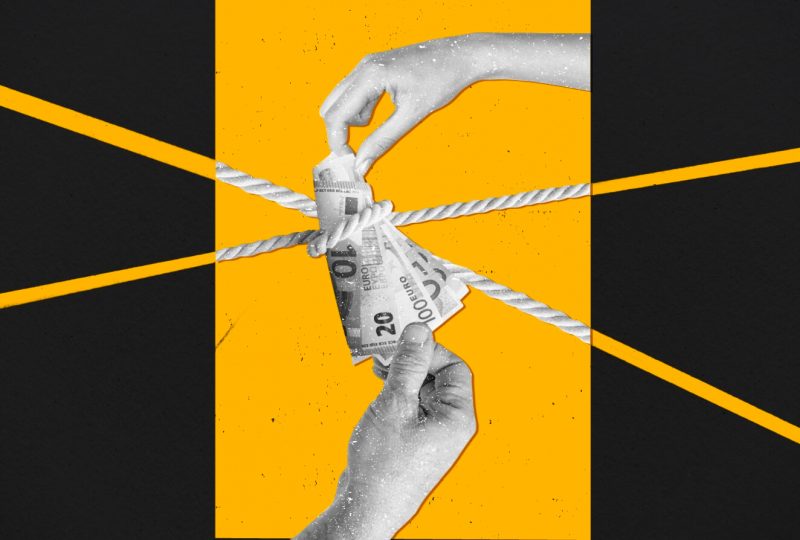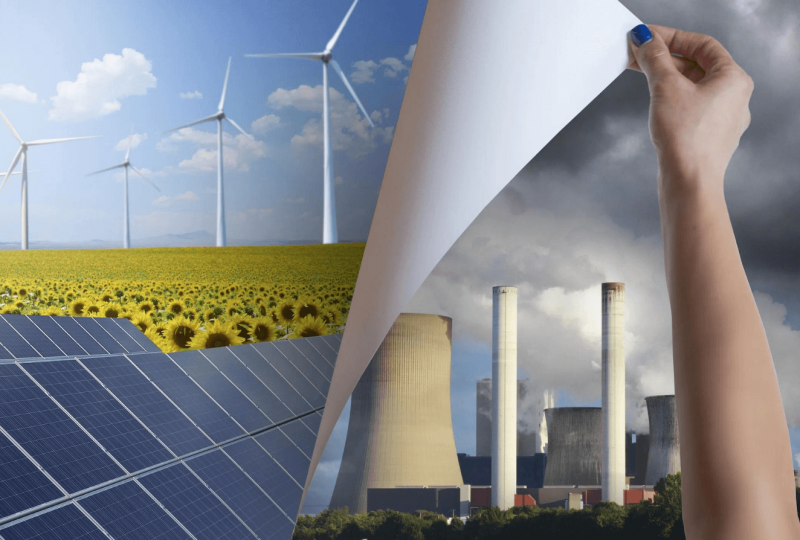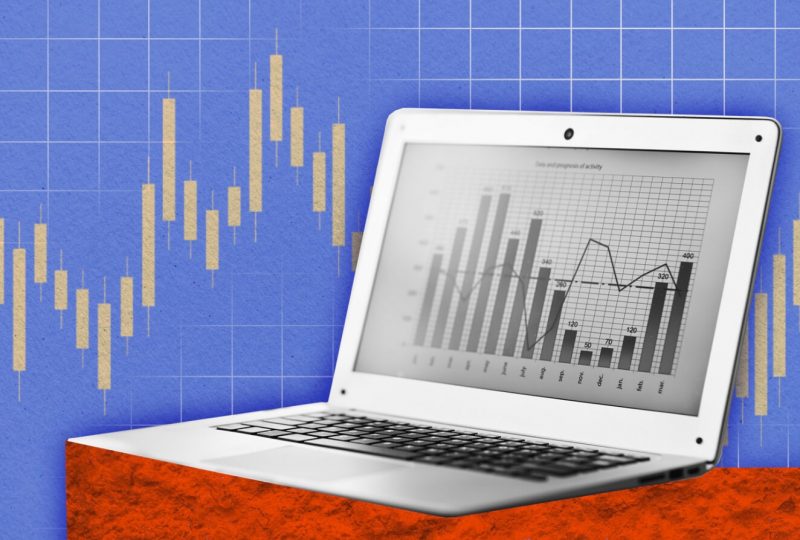Inflation Is Out Of Control, And It May Make The Fed Trigger Happy
Feb 13, 2022

There will be no respite for inflation-weary consumers.
After the government revealed that consumer prices were running at an all-time high in January, 10-year Treasury rates finally crossed the psychologically important 2% mark on Thursday, sending equities into a spiral.
A 50-basis-point rise in March – or a 100-basis-point boost by July, as St. Louis Fed President James Bullard said on Thursday – now doesn't seem so far-fetched. Bullard's hawkishness was followed by rumors that rising prices would need an inter-meeting Fed raise, something markets haven't seen since the Volcker era.
Given that the Fed is largely seen as being behind the curve, and customers have no sanctuary from increasing costs, this may be a more realistic scenario than people believe.
"Inflation is a key driver of Fed policy decisions, but our existing inflationary climate is unusual, mainly influenced by supply chain disruptions, which the Fed cannot fix by tightening monetary policy," says Nancy Davis, founder of Quadratic Capital Management.
"Many causes pushing inflation higher appear to be driven by supply chain limitations and stimulus spending and may naturally go away," Davis noted. "However, it is getting a lot longer than predicted for those factors to slow down. Meanwhile, commodity prices are rising, adding to inflation."
However, how proactive can the Federal Reserve afford to be? Matt Phillips and Neil Irwin of Axios correctly warned that "the continuance of high inflation increases the prospect of a self-reinforcing pattern that may need more severe measures to unwind – thereby weakening the economy."
On the one hand, incomes have continued to climb after receiving a huge lift during the Great Resignation/labor shortage. On the other hand, such salary increases have been overshadowed by rising costs. The Federal Reserve may become trigger-happy as a result of the inflation spike, choosing for aggressive rate increases that may contain prices but risk driving the economy into a slump.
Higher pay has undoubtedly played a part in the inflation narrative, fueling worries of a wage spiral. Still, the more immediate issue is headline inflation, outpacing earnings and penetrating practically all elements of consumer expenditure.
Inflation seems to be baked into everything: streaming services, entertainment, vacations, and, most importantly, your food. In recent days, Disney, Uber, Chipotle, and Netflix have all raised their rates for using their services, and the most important point is that far too few consumers appear to care enough to quit purchasing.
"There definitely seems to be a lot of pent-up demand as we shift away from the pandemic and into experiences," Dave Heger of Edward Jones commented. "The economy's growing costs seem to have had little effect on... demand from tourists to Disneyland."
At the same time, investors seem to like it, even though the ordinary customer does not.
Citizens are "mad" at "out of control" price increases, according to especially enraged customers, who have had to change their purchasing patterns to account for soaring costs. It also raises the stakes for President Joe Biden and his governing Democratic Party, as well as casting doubt on the outcome of the midterm elections.
Is there any hope of a resolution? According to several Wall Street analysts, that may be unclear until later in 2022.
"We do not expect inflation to begin to decline until the second half of 2022, given fuel costs have risen by more than 10% since the January numbers, and rents are expected to rise further," ICAP's chief investment officer Jay Hatfield said.




